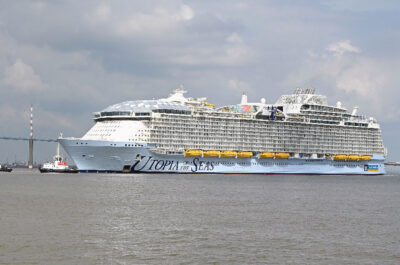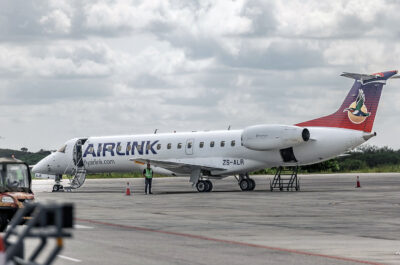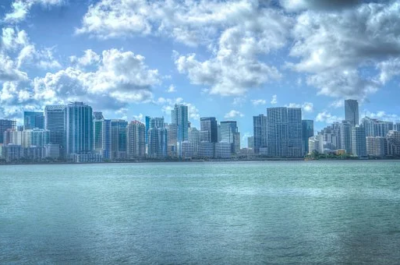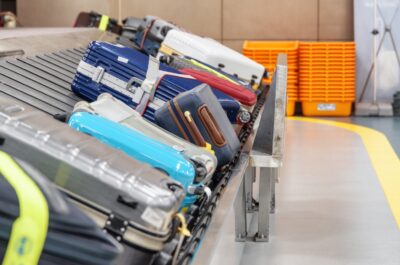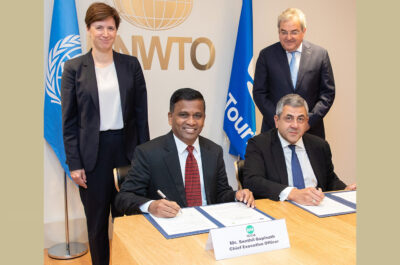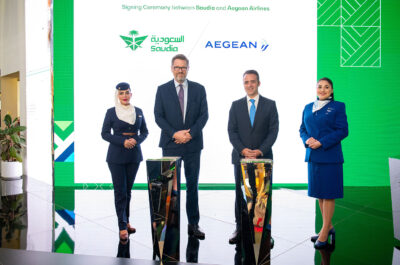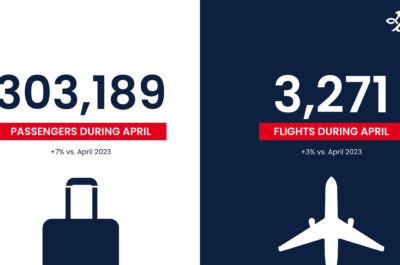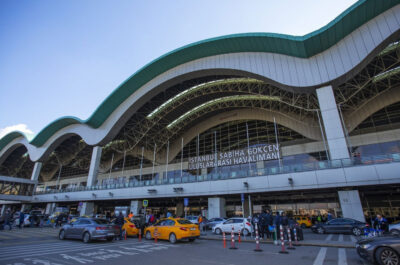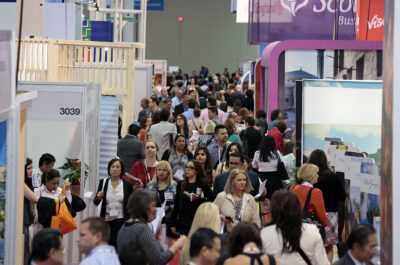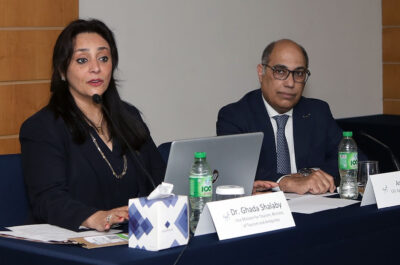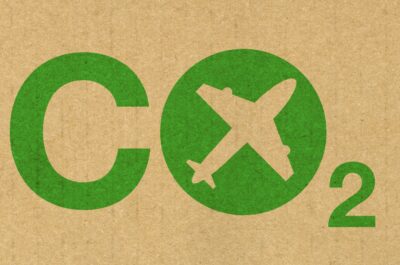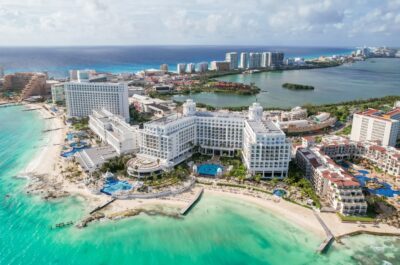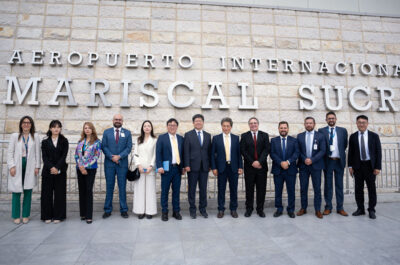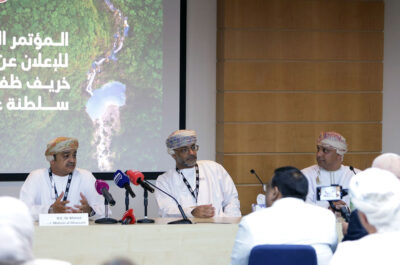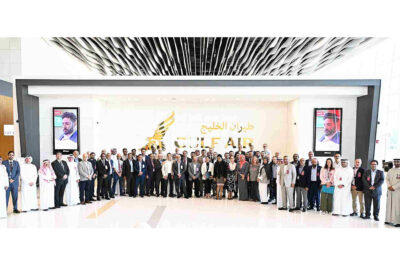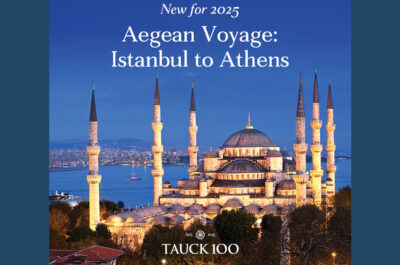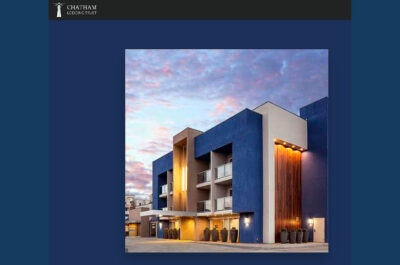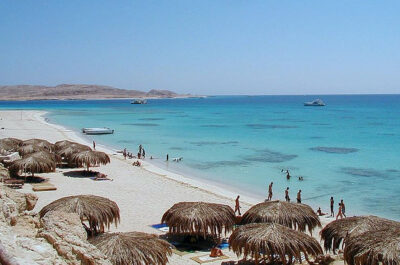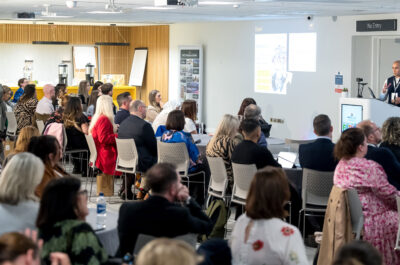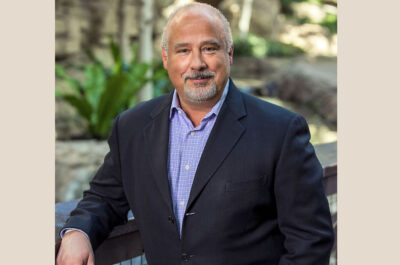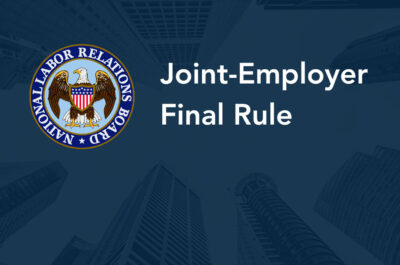A scientific article published yesterday (7 November 2007) by the American Chemical Society journal Environmental Science & Technology shows that the number of people dying from heart and lung disease as a result of under-regulated shipping emissions totaled 60,000 in 2002, and that death toll…
 A scientific article published yesterday (7 November 2007) by the American Chemical Society journal Environmental Science & Technology shows that the number of people dying from heart and lung disease as a result of under-regulated shipping emissions totaled 60,000 in 2002, and that death toll is estimated to grow by 40 percent by 2012 due to continued large increase in global shipping traffic.
A scientific article published yesterday (7 November 2007) by the American Chemical Society journal Environmental Science & Technology shows that the number of people dying from heart and lung disease as a result of under-regulated shipping emissions totaled 60,000 in 2002, and that death toll is estimated to grow by 40 percent by 2012 due to continued large increase in global shipping traffic.
The peer-reviewed study led by Dr. James J. Corbett at the University of Delaware and Dr. James Winebrake of the Rochester Institute of Technology, ‘Mortality from Ship Emissions: A Global Assessment,’ is the first research study to estimate global premature deaths linked to harmful emissions from ocean-going vessels. The article publication comes at a critical stage in the international negotiations on new air pollution standards for oceangoing ships – the UN’s International Maritime Organization (IMO) is evaluating emissions reduction studies for oceangoing ships in meetings in London over the next six months.
The new research relates emissions of particulate matter from ships to annual cardiopulmonary and lung cancer deaths. Diesel-powered ocean-going ships burn some of the dirtiest fuel on the planet today—on average, fuel having almost 2000 times the sulfur content of highway diesel fuel in the US and Europe. While air pollution from diesel trucks and buses has been reduced by over 90 percent over the last several decades, emissions from international ships – using the same diesel engine technology – have risen virtually unchecked.
“Right now, we’re missing an opportunity to improve the health of millions living in port and coastal cities all over the world,” said David Marshall, senior counsel at the Boston-based Clean Air Task Force, a participant in the IMO discussions. “The regulation of polluting emissions from ocean ships lags far behind land-based sources, despite widely available, cleaner technologies already in use. The IMO needs to act now to clean up the shipping industry.”
The study analyzed ship emissions’ health impacts, estimating global and regional mortalities by integrating global ship inventories, atmospheric models, and health impacts functions. The report authors found that health impacts were concentrated in coastal regions along major trade routes. East Asia and South Asia were the most heavily impacted, each representing about one-quarter of the global impact. One-third of all shipping deaths occurred in Europe. About one-tenth of global shipping deaths occurred in North America.
“Ship pollution affects the health of communities in coastal and inland regions around the world, yet pollution from ships remain one of the least regulated parts of our global transportation system,” said Dr. James Corbett, associate professor of marine policy at the University of Delaware and lead author of the report. “With more than half the world’s population living in coastal regions and freight growth outpacing other sectors, shipping emissions will need to meet stricter control targets.”
In contrast, emissions from land-based transportation sources have been reduced significantly in recent years in the United States, Europe, Japan and other countries. In fact, emissions of NOx and SO2 from shipping in European waters are projected to be greater than such emissions from European land-based sources within a decade or so.
“Our premature mortality estimates justify emissions control investments on the order of billions of dollars annually if you accept EPA’s regulatory guidelines on the ‘value of life,’” said Dr. James Winebrake, professor of public policy at the Rochester Institute of Technology and co-lead author. “In addition, there are other health impacts besides mortality that are exacerbated by these pollutants, such as respiratory illnesses like asthma, pneumonia, and bronchitis. Finding ways to reduce or eliminate these negative impacts will be an important and necessary task for policymakers.”
Negotiations on new air pollution standards for oceangoing ships have been ongoing for about 15 years at the IMO, the international body charged with regulating international marine environmental issues. To date, its only action on ship air emissions – adopted in 1997 and implemented in 2005 – codified improvements already adopted by most of the industry.
The Clean Air Task Force has estimated a first-order social cost of shipping’s premature death toll as found in the Corbett and Winebrake study. Using cost methodology employed by U.S. EPA to value the benefits of particulate emission reductions, CATF estimates that the 60,000 annual death toll from oceangoing ships currently costs more than $330 billion per year, with premature deaths increasing with projected freight growth to cost more than $460 billion annually by 2012. Cleanup costs pale in comparison.
CATF is participating with Friends of the Earth International (FOEI) in the IMO negotiations. They believe the IMO should require reductions of NOx emissions in the 90% range, and reductions of SO2 emissions in the 70-90% range, for both new and existing ships as soon as possible, but no later than 2015. These emission reductions can be accomplished through the use of low sulphur fuels as well as a substantial variety of engine modifications and after-treatment devices. Substantial particulate matter reductions are also needed, according to CATF and FOEI, but the co-benefits of NOx and SO2 reductions should be considered.
This study was funded in part by the Oak Foundation and the German Aerospace Center and is being published in the November 7 online issue of Environmental Science & Technology. The paper is scheduled to appear in the December 15 print edition of ES&T.























